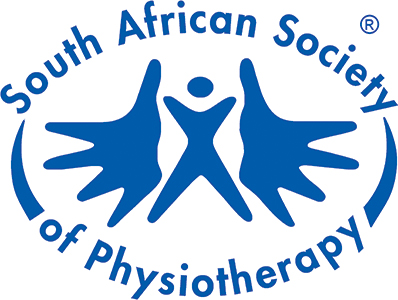
Knees up, Mother Brown!
Here we celebrate Women’s Month… in an unusual way.
If you want to shut down a mixed, adult dinner party conversation, tell people you’re a Women’s Health physiotherapist, a physio who has done training courses post-grad to deepen and strengthen your understanding of women’s health. Everyone will assume you’ll start talking about pelvic floor retraining exercises after pregnancy to strengthen the pelvic floor muscles; prolapsed uteruses; post-natal incontinence; discomfort with breastfeeding; and more very personal matters, mostly revolving around birth, babies and even painful sex.
Like lawyers and doctors, physiotherapists don’t really want to talk about their profession at parties. In this instance, the guests would be guessing right – although only partly so. These are all issues physiotherapists with a special interest in Women’s Health tackle often. They also treat patients with lymphoedema (water retention or swelling), issues related to menopause and osteoporosis, and are a key part of rehabilitating patients post gynaecological or colorectal surgery.
The Big No-No
But there’s one thing they work with that will stop conversation like no other – and this, despite the fact that it’s one of the commonest causes of debilitation, discomfort and pain – constipation and bowel health. NOBODY wants to chat about this over dinner, and yet, in the ‘healthy’ population, about one in five of us suffer from constipation, so there’s little doubt that a couple of the people at the dinner table have this problem. And problems with the gastric tract, like constipation, bloating and the like, can be linked to low back pain.
Which means that your ‘bowel habits’ are of great interest to a physiotherapist with a special interest in Women’s Health – and, indeed, to most physiotherapists. That great big band of muscles that helps guide babies out into the world is also linked to other abdominal muscles, together creating the nippy system that enables us to go from ‘full’ to ‘empty’ – or not, as the case may be. If anything goes wrong with that system, it can mean there are underlying issues to investigate.
Sometimes – as with all things bodily – the causes can be scary. But often, a simple tweaking of your habits can make a major difference – knees up, Mother Brown, instead of down.
The invention of the flush toilet (it became fashionable in the 18th century) was great as a means to separate humans from their germs, but it failed us in another important way: it meant that do our business sitting, rather than squatting (knees up), and squatting is better for the pelvic floor and all its related musculoskeletal systems – it puts the digestive and rectal tract into the right position to empty comfortably. In fact, the billion and more people round the world who still squat rather than sit have a minimal incidence of conditions like diverticulitis and piles.
Want to find out more about the simple techniques that can help you beat constipation, diverticulitis, haemorrhoids and other nasty conditions of the digestive system?
Find a physiotherapist at www.saphysio.co.za
Back







